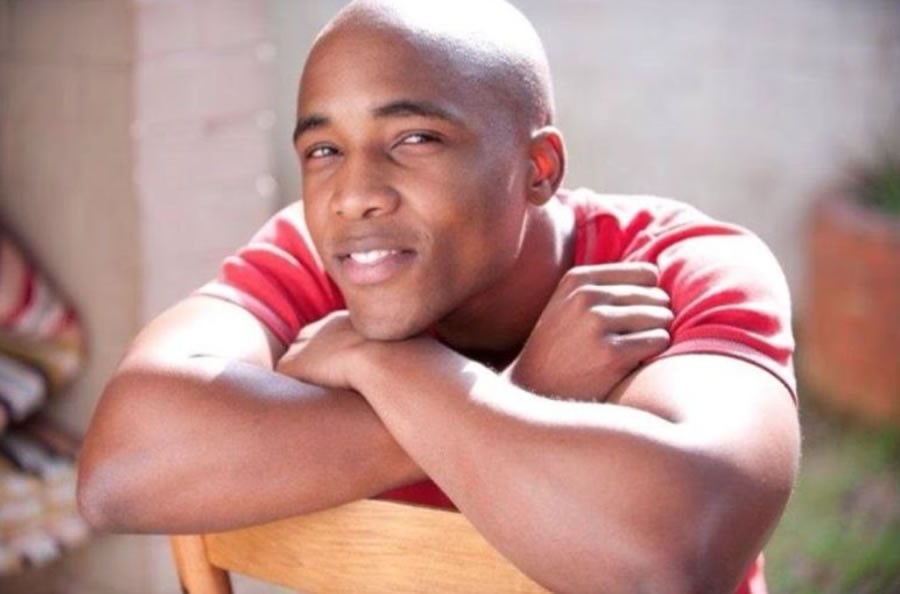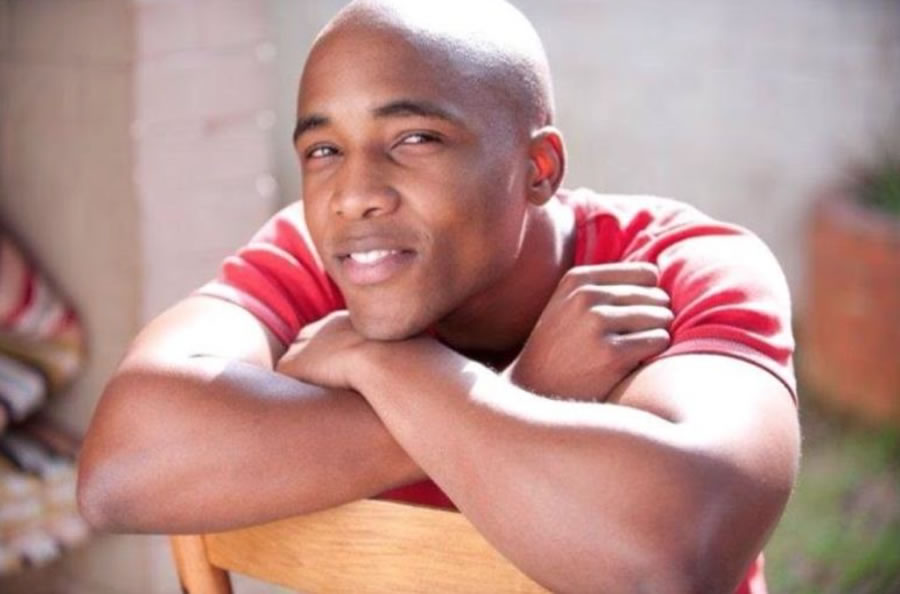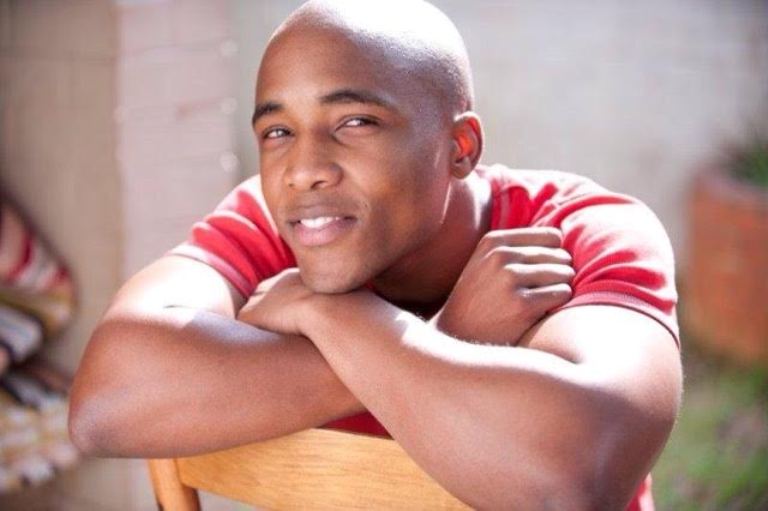
How Mainstream Criticism and Jokes are Turning Zuma into a Martyr
Almost everyone on my Facebook has been asking the same question: how did the #ZumaMustFallMarch become about race? Isn’t it clear that the current president is bad news for the country? Jacob Zuma – the person and the president, the body that is depicted visually and the figure that is related to politically – is […]

Almost everyone on my Facebook has been asking the same question: how did the #ZumaMustFallMarch become about race? Isn’t it clear that the current president is bad news for the country?

Jacob Zuma – the person and the president, the body that is depicted visually and the figure that is related to politically – is the terrain on which South Africa’s race issues have played themselves out in weird and telling ways.
Without realising it, mainstream media has done the ANC a huge favour in playing up the DA’s “Zuma is corrupt” trope because as well-intentioned and truthful as it may be, what it’s done is exacerbate the friction among the races – especially between black and white people – because white people do not know how to level an insult so it lands where it’s intended.
This is because colonialism and apartheid skewed racial relations.
Let’s say Jacob Zuma messes up the reading of a number in a speech or says something that supposedly incites violence. The next morning, Zapiro releases a cartoon of him holding a book (“War and Peace”) up-side-down.
To white viewers it’s a beautifully mixed metaphor: the President supposedly doesn’t or can’t read, and some of the things he says turn things up-side-down putting war for peace and peace for war.
But to black viewers, the white populace is gloating over one of the most humiliating effects of apartheid: denial of access to education.
Another example: a white person calls a group of largely black greedy politicians “animals.” To him, it’s a fair reference to Animal Farm. Or it’s just something you call anyone who behaves like an animal. I’ve noticed that non-racist white people are equal-opportunity insulters.
Now while the Orwellian reference isn’t lost on the black hearer, he can’t help wondering how this instance of someone white calling someone who’s black an “animal” is different from white “masters” calling black natives “animals” as they sent them through cattle dips.
This is compounded by the issue that (as far as I know) in indigenous languages, there is no way to call someone an animal – any kind of animal – and make it sound normal or harmless. It doesn’t fit. Not every black person thinks in English or Afrikaans. But most white people think and speak nothing else and aren’t sensitive to the effect their words may have.
There is a domino effect of misunderstandings for every other word – “circus,” “hooligans,” “incompetent” – but the point remains that even an “objective” or “factual” description of black people’s actions by white people isn’t going to be received the way it’s intended.
Every presidential scandal is followed by a flurry of artistic depictions, written and visual comments on Jacob Zuma the person and the president.
It’s always a Godsend for the ANC which then doesn’t have to come up with a coherent defence of Zuma’s actions. By that point, most black people are content with seeing Zuma as the naughty but tragic scapegoat of white racism.
His factual guilt can neither be proven nor disproven, and where proven, often is just a faux pas or a sign of his humanity magnified by the media.
He is the lightning rod that coalesces and attracts everything black people understand white racism to be.
He is therefore the Lamb of God that bears the racism of South Africa, the ANC’s Chosen One. And considering how controversial his penis is, I probably shouldn’t have picked the term “lightning rod.”
Jacob Zuma embodies and often is the voice of many black people’s aspiration for a decent life. When he asks, “Why can’t a Zuma have this?” what black people hear is, “Why can’t a Zulu man have this?”
To this, many white people will reply, “He’s stealing from black people to have that!” Indeed. But how would that be different from a few million white people living off a historical structure that stole from black people?
Generally speaking, black people are used to surviving in systems that put them second or exploit them anyway, and there’s no way the instructions for emancipation are going to come from white people who still live off of wealth built on the head start they were given by apartheid.
When Zuma uses any means necessary to get what he wants, he’s exposing the system’s talk of values, equality and principle as hollow on behalf of black people who never got a taste of or cannot palate the rainbow nation discourse.
Zuma has a powerful argument on his side, here: the source of black poverty is not the ANC but apartheid, and when black people hear white people arguing against that point, they hear them denying apartheid altogether.
So when Zuma uses any means necessary to get what he wants, he’s operating not as a custodian of the system but as an outsider who managed to break in and has captured the levers of an inherently untrustworthy system.
Many black people still feel like outsiders though theoretically, everyone’s now an insider.
This is why the outcry that he’s stealing not only from white taxpayers but also from black people makes absolutely no difference to the people who vote for him.
Though he steals from black people or gives them less than they deserve, Jacob Zuma has made a spectacle of what black people perceive as a whitist system.
He is a performer, an inspiration, a (questionable but effective) role model. He is the first black man to have painstakingly crawled out of the depths of poverty to the pinnacle of power.
Nelson Mandela and Thabo Mbeki did not have it as bad in their childhoods as Jacob Zuma did. No, for he is the one who made a mockery of an interlocking system of oppressions using only a few of its own tools; he is the Houdini who, blindfolded with his hands tied to his back, still pulled off the escape stunt of the last century and made two careers doing it.
Who becomes a head spy and a presidential criminal with just a standard four? The ultimate example of black resilience, that’s who.
A black chief this wondrously talented, then, can never have too many titles and honorary degrees and praises ascribed to his name.
No house is too big; no crime too unforgivable. To question Zuma is to attack the liberation incarnate. It would be Pilate (the oppressor) interrogating a native-born king whose otherworldly power, methods and kingdom he does not understand.
For far from being a common criminal, Jacob Zuma is the Crucified Christ of the glorious movement, Luthuli House is Vatican City and the Secretary General is the Pope. None of these people have any intention of recalling their Saviour.
As long as Jacob Zuma is “wrong,” wrongly or not, guilty or not, black people can stare at white people as they show their true colours on the canvas that is the person, the presence and the presidency of Jacob Zuma – even if those white people aren’t seeing it that way.
Whether those white people are right or within their rights to discuss Zuma the way they do is strictly academic: what will shape South Africa’s political destiny is not “the truth” but the careful navigation and understanding of how words are digested by those watching and listening.
As Pilate infamously asked, “What is truth?” Indeed.
That Zuma continues to bear white people’s (and traitors/“clever blacks’”) criticism is what vindicates the ends, the means, and the character of the one who uses the means to reach his own ends.
He is the longsuffering Messiah, the silent lamb sent off to slaughter bearing the injustice of this country. He is a martyr.
Many black people have no interests in defending what they see as an oppressive whitist system. When the Madams and the Misters lost their billions on stock exchanges and turned to black people, their actions yelling, “Help clean it up! Help get Zuma out of there now!” many of those black people retorted through their actions, “I am not your garden boy or your maid.” The races largely spoke past one another.
To many black people, “This march has nothing to do with race” sounded a lot like, “Our race (white) is in trouble and we’re roping you in to save it and we’ll do this by spouting rainbow nation rhetoric about how non-racist we are because we’re in this together.”
While I agree with ENCA’s Angelo Fick when he says we’re all implicated in the neoliberal global market (and therefore have a vested interest in the performance of our economic indicators), I also see why black people would be disturbed by what they perceive to be white people’s priorities.
Black protesters getting shot down by the State during apartheid? Sad. The national rugby team being barred from competing on the world stage? End of the world! Apartheid must fall.
Millions of black people starving? Shame. One lion is shot dead by a dentist? What kind of world do we live in where anyone would do something so evil?
The height of spiritual evolution is the ability to put aside ego for progress. The ANC has learned that the worse it looks, the more triumphant it is. They’ve learned to surrender to a mysterious, quiet and reliable providence that works in their favour.
As they have said, theirs is the only party that was blessed in heaven and shall rule until Jesus returns, Amen.
***
This article first appeared on Siya Khumalo’s blog – Sanity Thinks Out Loud, and is republished on SAPeople.com with his kind permission.
